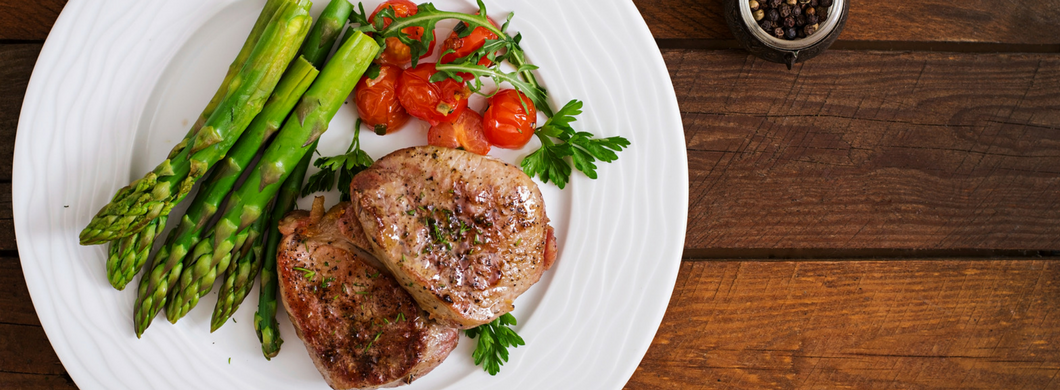
We all experience food cravings—and it seems as though the times we are trying to eat healthy and lose weight, the cravings intensify. Can anyone relate? Managing cravings after weight loss surgery can be challenging. Cravings are a natural feeling that can tell you about your psychology or physiology and it is okay to give into them every once in a while—notice I said once in a while, not every day. With that being said, here are several tips for managing cravings after weight loss surgery.
In a previous blog, I talked about how you can work to lessen your cravings by ensuring you are maintaining a chemical balance in your body through the intake of nutrient-dense foods. But how can you manage your cravings on a daily basis?
5 Tips for Managing Cravings
1. Find your food weakness
When I have a sugar craving, I want chocolate chip cookies. So I know that when I am around chocolate chip cookies, I will eat more than I should. By identifying your food craving weakness, you know not to buy those certain foods that make it hard to resist the urge to eat it all. This will ultimately help you stay on track toward your health goals.
2. Identify your triggers and your response
This idea overlaps with the concept of food addiction. When thinking about your cravings, do you know what triggers them? For some people, their trigger involves seeing the food either on TV, Pinterest, or at the grocery store. By recognizing your environmental or emotional triggers, you can set the stage to avoid falling down a slippery slope of temptation.
Similarly, by recognizing your triggers, you can more logically think about your response to those, most often, impulsive decisions to give into you craving.
3. Don’t forget to eat your meals
We have talked about this in the past in—by eating consistent, nutritious meals throughout the day, you will eliminate your desire to snack, which in turn will mitigate your want to indulge and help you in managing your cravings.
4. Know your emotional state
In our last blog about cravings, I talked about what your cravings are telling you about your emotions. It is no surprise that when you feel sad, lonely, tired, and bored, you want to consume all those foods you have been dreaming about. I am not telling you to not be in-tune with your emotions, however I am telling you to learn how to control them in a manner that does not involve eating and ultimately helps in managing cravings.
5. Mix your craving with something else
It is not a bad thing to indulge in a craving. If you continue to ignore your cravings, it is likely that you will begin to become so obsessed with satisfying it that you will overeat when given the opportunity. So it is okay to give into that temptation (again, every now and then). When you do want to indulge in your craving, we suggest pairing it with a nutrient-rich food so you are receiving some sort of nutritional benefit at the same time. An example of this would be celery and peanut butter with dark chocolate chips.
In summary, there is a large benefit to understanding and managing cravings—what triggers it, how to avoid it, and how to even indulge in it—without getting completely off track. Try implementing these tips next time you have a craving and let us know how they work!













